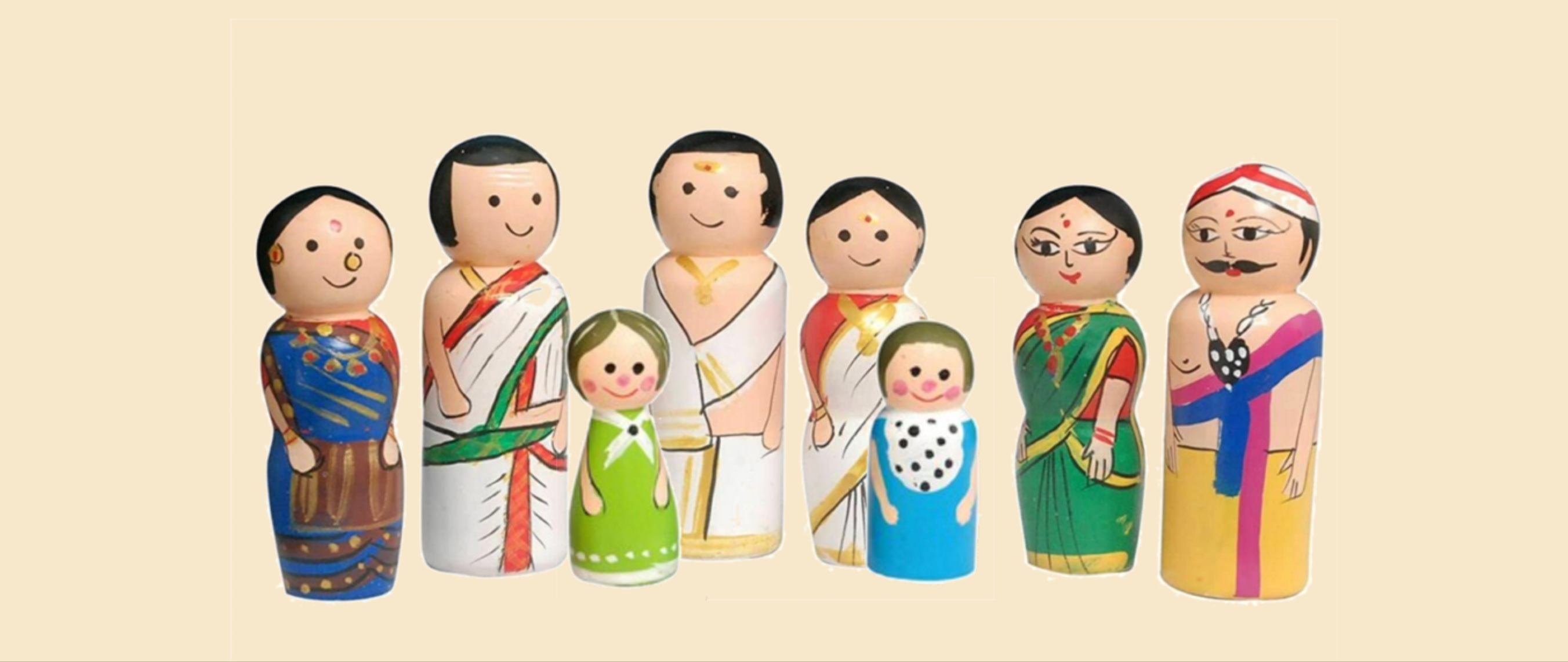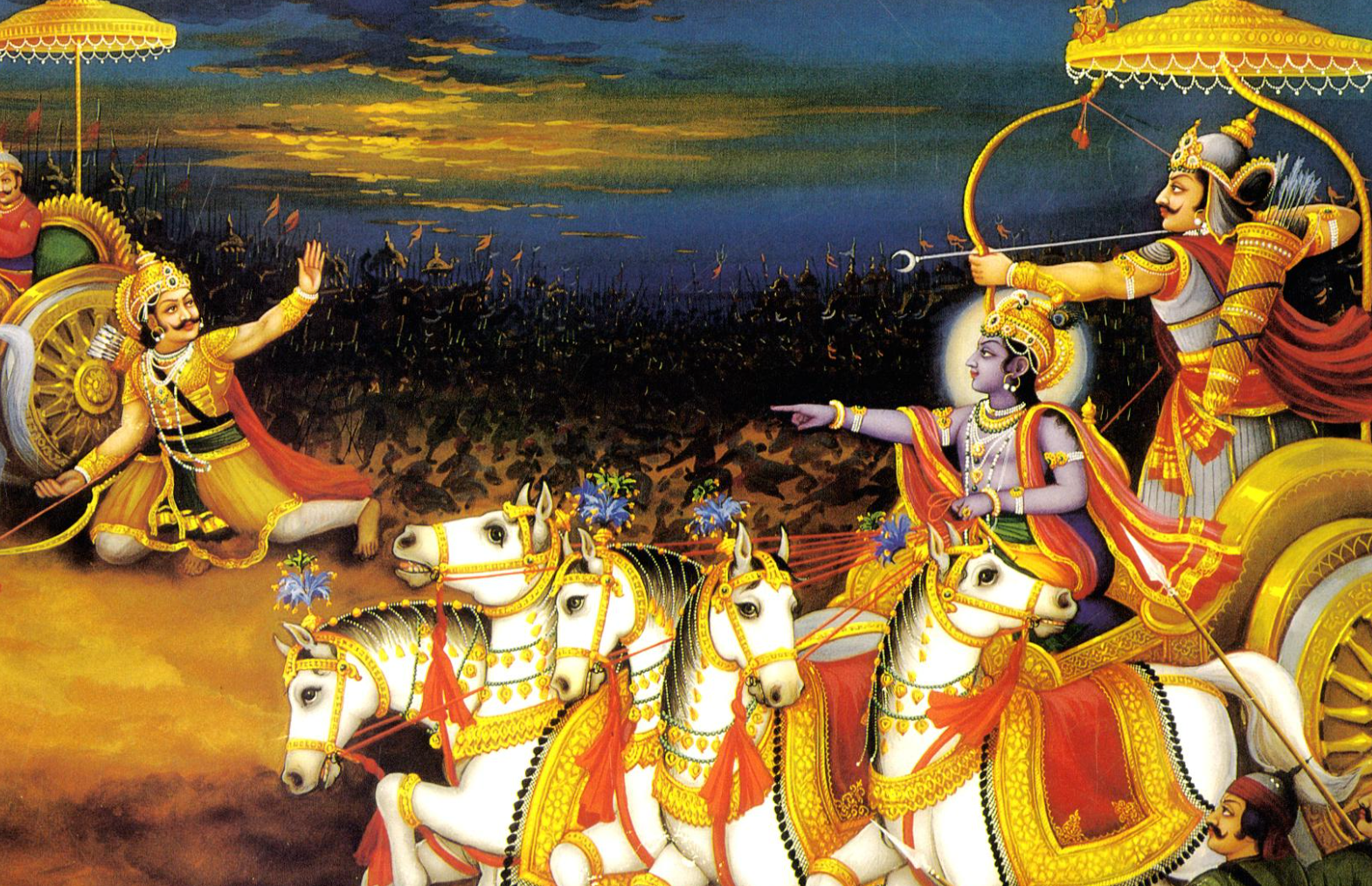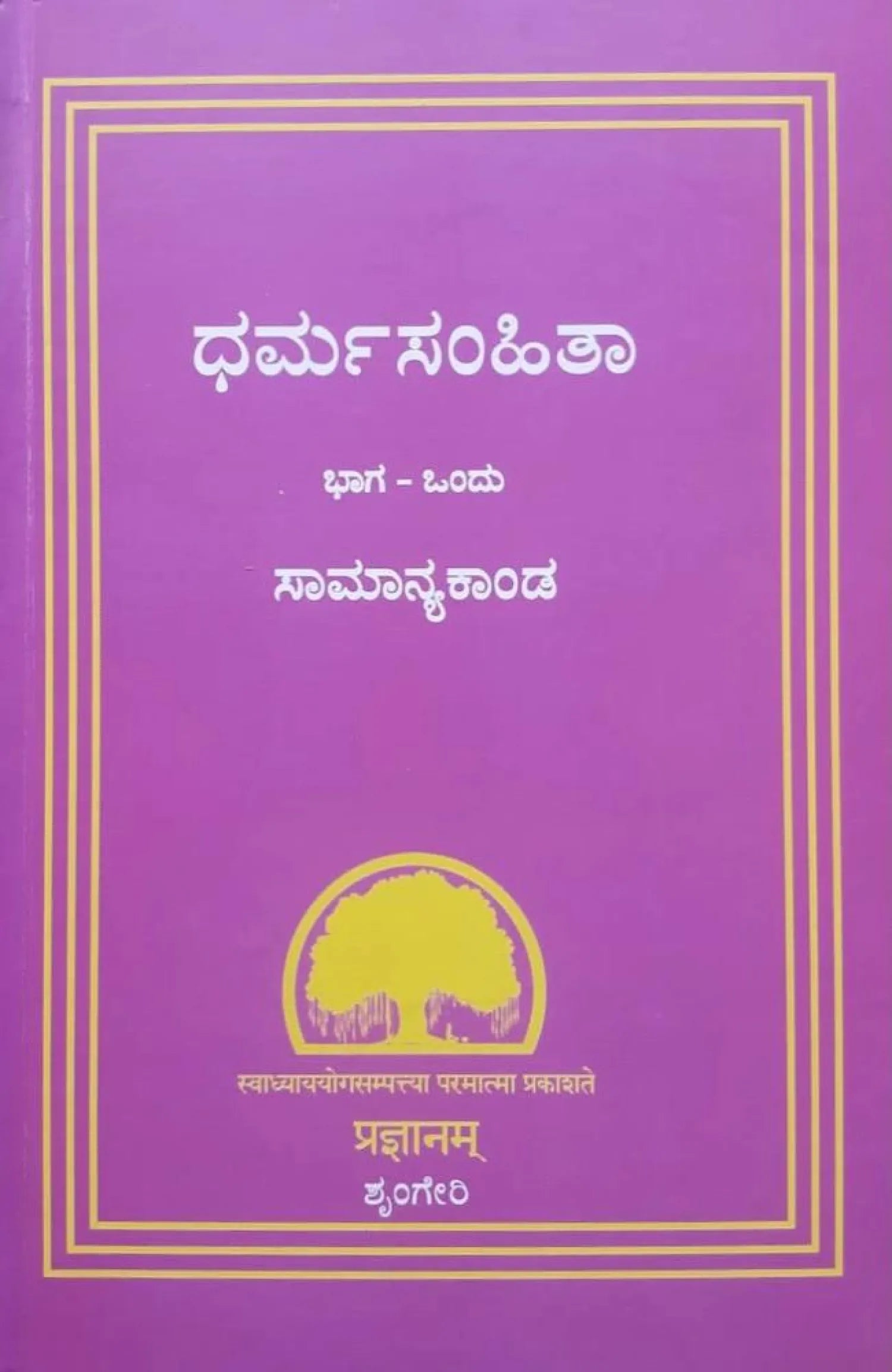Family - The Basecamp for any spiritual journey
Regardless of our personal spiritual beliefs, we should treat others with respect and not to judge their paths. Just as a seed flourishes in the soil where it is planted, we too grow in the environments in which we are born. The cultural and spiritual teachings we inherit from our origins deeply shape our lives, leaving a lasting imprint that cannot easily be concealed.
That is why I say that the most significant spiritual trials occur within the family. We must not underestimate the spiritual importance of family, as it is within these relationships that the most intricate and complex interactions take place. This is where we carry burdens and release them. Please finish whatever is there to learn or unlearn here. In the grand cosmic journey, each birth represents a new beginning, and the family serves as the starting point. It is our "Basecamp". For those who hurriedly trek towards "detachment," often find themselves returning to their basecamp repeatedly, realizing that they have overlooked crucial wisdom or essential tools.
Gurus indeed convey the truth regarding the illusory nature of "family." They present the narrative of impermanence, entanglement, and bondage as centered around family and relationships, portraying them as obstacles along one's path. For those souls who have reached the peak of their spiritual journey and seek to transcend the world, family and relationships can surely be entanglements. Even in cases of renunciations, karmic ties have often pulled individuals back to unresolved interactions. I don't want to name anyone, but there are famous figures in front of us.
Consider this: Can you truly detach from your family without any emotional ties, doubts, or concerns? without even a single thought connecting back to them?
If the honest response is NO, it indicates that there are many unresolved exchanges within your family that require attention. It implies the need for a way of life that facilitates these exchanges while you gradually progress towards ultimate liberation.
Our deeper spiritual essence may draw inspiration from a wide network of sources, but the initial path instilled by our family is akin to the spiritual equivalent of the genetic code we inherit at birth. Our first spiritual understandings are often found within the family, whether explicitly or implicitly. The deities revered at home, the rituals followed, and the practices observed all have a place in our spiritual journey. Some of us find comfort in our family environments and naturally follow the path laid out by our family's traditions, such as being born into a Vaishnava family and naturally embracing Hari Bhakti.
However, such alignment is not always clear-cut in this world. Due to karmic entanglements, various struggles may arise, such as feeling spiritually inclined while your family is not spiritually rooted, having a different calling than the faith offered by your family,
rebelling against perceived distortions or unfair practices, or feeling isolated or misunderstood due to differing spiritual progress within the family.
Yet, none of these circumstances imply that the initial path handed down by our family is deficient in any way. Even in cases where we feel our calling lies elsewhere, or there is a strong spiritual disconnect with the family, it is important to complete our meaningful exchanges with the family and the path they have offered.
Here is a family plot in the very beginning of Mahabharata, even before the complex plots of Pandavas and Kauravas unfolds.
Kadru, the mother of Nagas, cursed her own children for disobeying her unjust orders, condemning them to perish in a Sarpasatra (Snake sacrifice). Among her offspring were two unique Nagas, Adishesha and Vasuki.
Adishesha, disappointed by the family drama and complications, renounced everything and sought refuge in God. In the verses of the Mahabharata, Shesha expressed his desire to engage in Tapasya to break free from the family entanglement.
At the end of his penance, he develops divine perspective. By dropping the burden of family from his head, he ended up carrying the entire world on his head. He became the great cosmic residue ( Shesha) upon whom Narayana rests and on top of his hood worlds rest.
In contrast, Vasuki, Shesha's younger brother, was deeply concerned about their family despite recognizing their flaws. He also had a burning desire for spiritual growth and service to the divine.
But at this point here is what Vasuki says -
You all know how our mother cursed us, there can be ways to avert any curse in this world but the curse cast by a mother is very difficult to be lifted.
Yet did you all observe that such a curse was cast upon us in the presence of Lord Brahma, and he did not stop our mother from what we perceive as injustice. This only indicates that ill times have fallen upon us and the curse was meant to be cast.
In such adverse situations, we should keep our differences apart and think about solutions that can lead to our preservation, just as the Devas once brought out the hidden fire from a cave.
Seeking solutions to avert the curse cast by their mother, with perseverance, Vasuki found a solution with the help of his brother Elaapatra and others, leading to the marriage of his sister Jaratkaru to Rishi Jaratkaru, and the birth of Astiki, who played a key role in stopping the Sarpasatra of Janamejaya.
Vasuki surrendered to the cosmic will, later he served as the rope used in the churning of the milky ocean and as the bowstring in the destruction of Tripura by Lord Shiva. He walked the spiritual path without losing hope and became a divine instrument despite all odds.
Though he knew his family's shortcomings, Vasuki did not lose hope or abandon them. He had a clear distinction between his path and the ways of his family, that is why he never participated in the unjust act his mother asked him to perform. He never looked down upon any family member, he acknowledged their intelligence and wisdom, aiming to influence them to understand his ways. He followed his family's ways to the best of his ability and to the extent it did not affect his path. He also rightfully distanced himself from the wrongdoers at home after advising them sufficiently.
In conclusion, we need to understand what is it that we need to do with the first path given.
With some amount of exploration we can find the right passages that lead us to form a structure to work things out.
Few logical possibilities -
1. Reflect on your own identity and direction.
2. Assess your family's direction, identify those close to you and your direction and those distant.
3. Neutrally evaluate the potential for harmony between yourself and the family.
4. If harmony is possible, devise a strategy to work things out:
- Encourage others to align with your beliefs.
- Accept and learn from what is offered by the family.
- Seek a balance between your interests and the family's direction, negotiating for harmony.
- Coexist within the family while respectfully maintaining differing paths.
5. If harmony is not possible, consider the option of renouncing the family and accepting to temporarily forfeit any karmic ties. :)
![]()
In our spiritual quest,
family stands as the first test.
Complex exchanges, loading and unloading,
Lessons to learn, truths unfolding
Gurus speak of detachment's call,
But for many, family ties enthrall.
Can we leave without attachments strong,
Or are there exchanges still to prolong?
Burdens to bear and things to share
To be simply there, to play fair and care
Some find comfort in the family's embrace,
While others struggle to find their place.
Missing links, repulsion or distortion
Are challenges to overcome, it is a spiritual portion
Explore and find your way,
Weave a structure to walk and yet to stay
![]()
For further on the story from mahabharata, please refer Adiparva ( chapters 35, 36...)
The verses used in this post
शेष उवाच।
सोदर्या मम सर्वे हि भ्रातरो मन्दचेतसः।
सह तैर्नोत्सहे वस्तुं तद्भवाननुमन्यताम्।।
अभ्यसूयन्ति सततं परस्परममित्रवत्।
ततोऽहं तप आतिष्ठे नैतन्पश्येयमित्युत।।
वासुकिरुवाच।
अयं शापो यथोद्दिष्टो विदितं वस्तथाऽनघाः।
तस्य शापस्य मोक्षार्थं मन्त्रयित्वा यतामहे।।
सर्वेषामेव शापानां प्रतिघातो हि विद्यते।
न तु मात्राऽभिशप्तानां मोक्षः क्वचन विद्यते।।
अव्ययस्याप्रमेयस्य सत्यस्य च तथाग्रतः।
शप्ता इत्येव मे श्रुत्वा जायते हृदि वेपथुः।।
नूनं सर्वविनाशोऽयमस्माकं समुपागतः।
शापः सृष्टो महाघोरो मात्रा खल्वविनीतया।
न ह्येतां सोऽव्ययो देवः शपत्नीं प्रत्यषेधयत्।।
तस्मात्संमन्त्रयामोऽद्य भुजङ्गानामनामयम्।
यथा भवेद्धि सर्वेषां मा नः कालोऽत्यगादयम्।।
सर्व एव हि नस्तावद्बुद्धिमन्तो विचक्षणाः।
अपि मन्त्रयमाणा हि हेतुं पश्याम मोक्षणे।।
यथा नष्टं पुरा देवा गूढमग्निं गुहागतम्।
(Mahabharata, Adiparva, chapter 36, 37)
![]()










